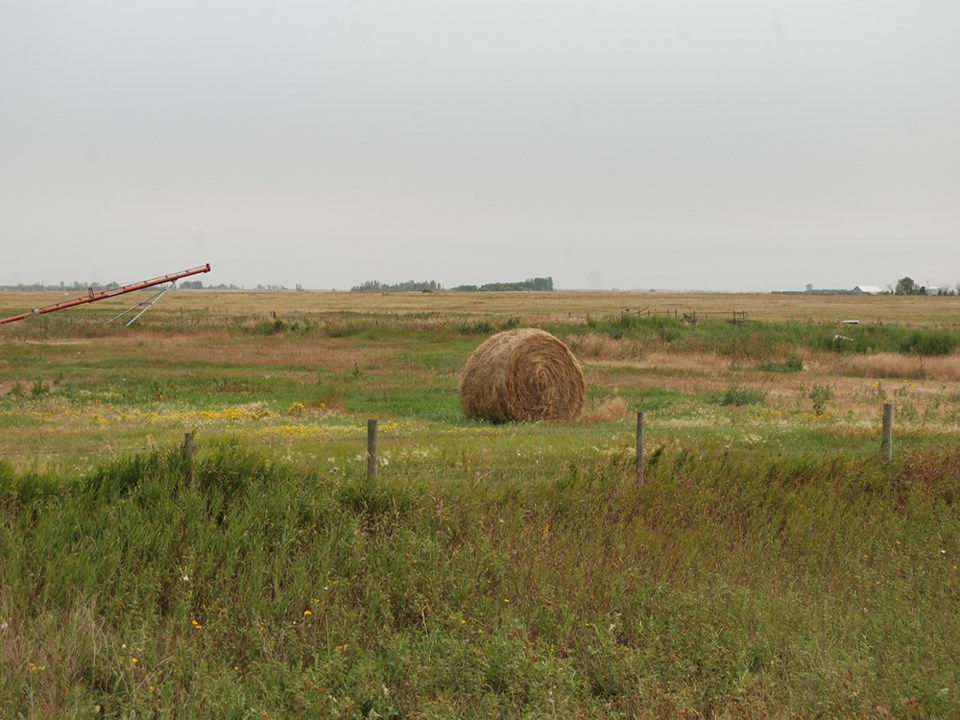Farmland: it’s one of the things for which Saskatchewan is known best, and there may be some changes in store for the rules regulating who owns it. The Government of Saskatchewan has just completed a series of public consultations that ran from May to August, and is working with the data collected to come up with a new model of farmland ownership for the province.
“There are rules in place right now that govern who can own farmland in Saskatchewan,” said Karen Aulie, assistant deputy minister of programs with the Ministry of Agriculture. “The survey was geared toward asking citizens whether they have an opinion on the rules we currently have and whether there should be changes.”
The government received almost 3,200 responses through the consultations, with 62 per cent of responses coming from farmers. Major areas of focus in the consultation included eligibility to own farmland in Saskatchewan, eligibility of purchasing and financing of land in Saskatchewan, the role of the Farm Land Security Board (FLSB), and what the board can do to enforce the Saskatchewan Farm Security Act.
One of the more prominent issues at stake in the consultations is that of foreign ownership. There has been a growing amount of interest from out-of-province and international investors, in Saskatchewan farmland. While Canadians outside the province are allowed to own farmland in Saskatchewan, the consultations have taken into account the question of foreign and international ownership of Saskatchewan farmland, since there are a number of different views on the matter. Various agricultural and real estate stakeholder groups participated in the survey through several methods: an online survey, hard copy surveys, and written letters and submissions.
“It’s been a check-in to see if we have the proper regulatory environment or whether there needs to be changes. Land is something we can’t make any more of, so we have to make sure the right regulatory framework is in place,” said Aulie. “We want to ensure there’s a balance, between the right people owning the land and encouraging the right people to invest in the province, in place. And if it’s not, we want to know if there need to be changes.”
The ministry has started tabulating the data gathered from respondents, a process that will take some time, due primarily to the volume of written material to review from participants.
“The online survey tabulates quickly, but since we invited people to make written comments there are hundreds of pages of those to sift through,” said Aulie. “We need to go over written submissions very carefully.”
Once analysis of the results are finished, they’ll be presented to the Minister of Agriculture, Lyle Stewart, and released to the public.




